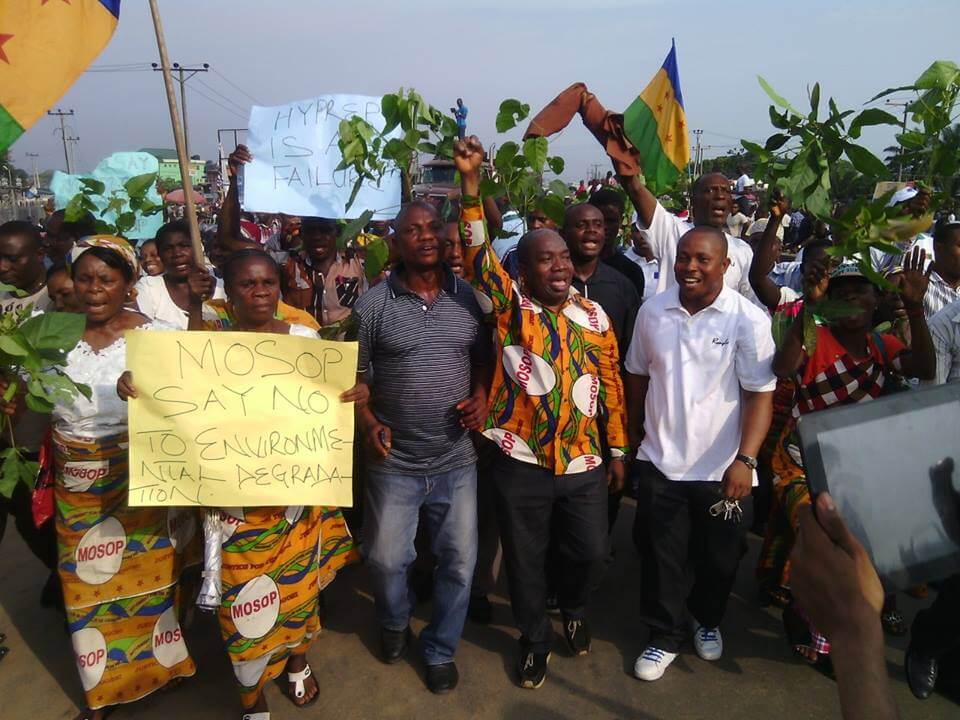Royal Dutch Shell makes billions of dollars of profit each year from Nigerian oil but our communities which host its’ infrastructure have been left environmentally devastated. Shell underestimate us if they think this judgment will affect our resolve. There is no hope of justice in the Nigerian courts. We still very much believe in the British justice system and so we are going to appeal this decision.

Shell’s oil drilling is responsible for a toxic legacy in the Niger Delta. The UN’s Environment Programme UNEP researched the destruction and published a report in 2011, concluding that Shell had not taken sufficient action to clean up and set out initial steps to rectify the damage.
Years later, Shell’s spills are still evident in Ogoniland. We witnessed creeks and soil reeking of oil, in areas that Shell claims to have remediated. Communities report oil crusts on their land, rotten crops and poisoned fish. Emergency water supplies had not been delivered, forcing local residents to drink oil-polluted water.
But Niger Delta communities are yet to see reparations, and the High Court’s ruling appears to be another dead end on the long road to justice.
We are calling for [the cleanup] to be transparent; how will that money promised so far be utilised? We demand to be informed about how the clean up is going to happen over the next 30 years. We must be central to this process as we […] will be here feeling the impacts for years to come.